Online sexual exploitation and abuse (OSEA) is escalating across Kenya, with predators increasingly using digital tools to recruit, groom, and exploit women and girls. Two new reports reveal how the internet is being weaponised to cause harm both online and offline, through technology-facilitated sex trafficking, sexual coercion, extortion, and the non-consensual sharing of intimate images, including deepfakes.
The first report, Experiencing Online Sexual Exploitation and Abuse in Kenya: Survivor Narratives and Legal Responses, commissioned by Equality Now in partnership with KICTANet, and with survivor testimonies collected by HAART Kenya, Life Bloom Services International, and Trace Kenya, documents the experiences of twenty survivors. It details the profound emotional toll of OSEA and exposes the systemic obstacles victims face in accessing justice and support.
An accompanying policy brief, Not Just Online: Addressing Sexual Exploitation and Abuse Across Digital and Physical Realities, explores how online and offline forms of exploitation are deeply interconnected. The analysis identifies major legal and institutional gaps that leave survivors unprotected and proposes urgent reforms to strengthen prevention, protection, and accountability.
Digital Spaces Used to Lure Victims
Social media platforms such as Facebook, WhatsApp, and TikTok, as well as dating sites and mobile money applications like M-Pesa, have become key tools for perpetrators. Many platforms lack strong mechanisms to detect or remove harmful content, allowing abusers to operate anonymously and often with impunity.
Survivors reported being coerced into creating sexual content, blackmailed with intimate images, livestreamed during abuse, and trafficked both locally and abroad. Eighteen of the twenty survivors in the report said they were deceived with false promises of money or employment, with several trafficked overseas and subjected to sexual violence.
One survivor recounted travelling to Malaysia for a job arranged through a Kenyan broker, only to be raped and threatened by her employer. When she reported the crime back in Kenya, authorities demanded proof and DNA evidence she could not provide.
Survivors Struggle for Justice
Victims often face stigma, intimidation, and corruption when reporting crimes. Many encounter dismissive officials, while others are pressured by families or communities to withdraw cases. In one case, a schoolgirl was raped by two men she met through Facebook but was asked to pay KSh 8,000 for police assistance.
Experts warn that the criminal justice system remains ill-equipped to handle digital crimes. Survivors are frequently re-traumatised by aggressive questioning, lack of privacy, and being forced to confront their abusers in court. Digital evidence is also poorly handled due to limited technical expertise among law enforcement and judiciary officers.
Weak Legal Protection
Kenya has made progress through laws such as the Sexual Offences Act (2006), Counter-Trafficking in Persons Act (2010), and the Computer Misuse and Cybercrimes Act (2018, amended in 2024). However, the legal framework still treats online and offline abuse as separate, failing to address new forms of harm like deepfakes, livestreamed sexual abuse, and image-based exploitation.
Corruption and bureaucratic delays further weaken enforcement. Survivors rarely receive compensation, and most cases collapse before conclusion. Experts say free legal aid and trauma-informed support are essential to help victims navigate the justice process.
Call for Comprehensive Reform
Equality Now and its partners are calling for a coordinated, survivor-centred approach to combat OSEA. This includes harmonising Kenya’s laws, strengthening forensic and investigative capacity, training justice officials, and ensuring psychosocial and medical support for victims.
The reports urge Kenya to ratify the Malabo Convention on Cybersecurity and Personal Data Protection, which could improve regional cooperation on digital evidence and cross-border justice.
Advocates emphasise that ending online sexual exploitation requires not only stronger laws but also societal change. “We must build a culture of zero tolerance for sexual abuse, online or offline,” the report concludes.


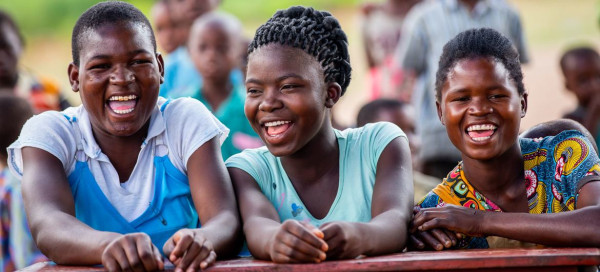



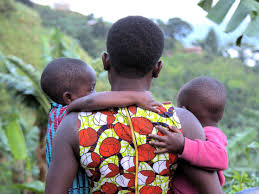






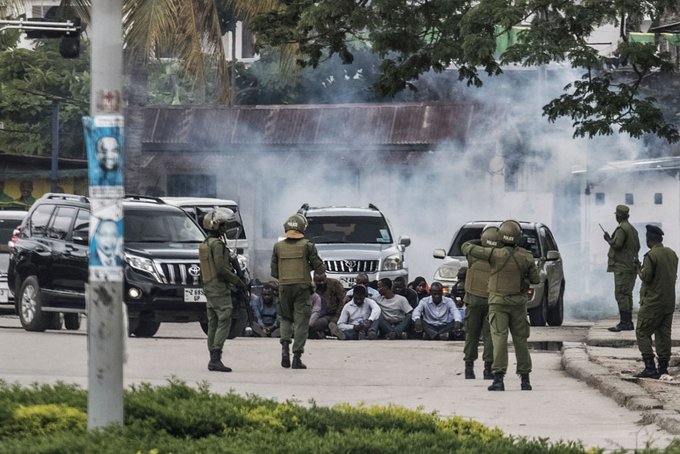


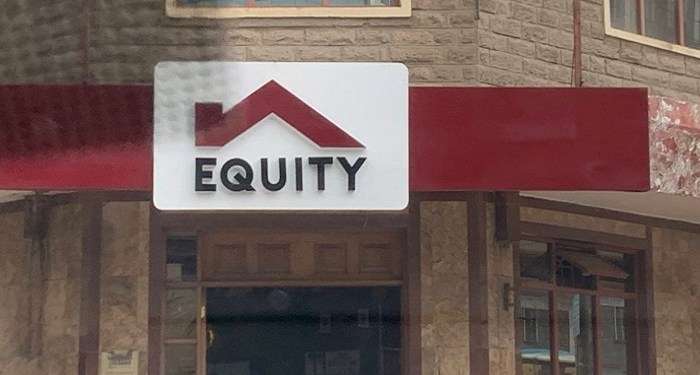
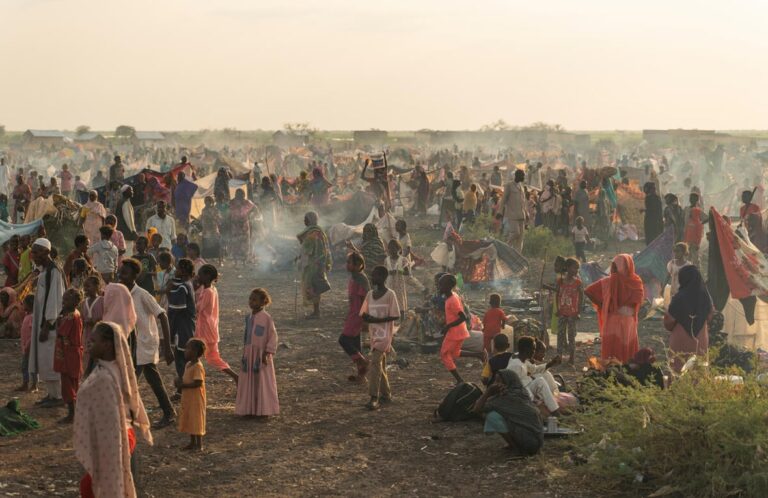

Discussion about this post